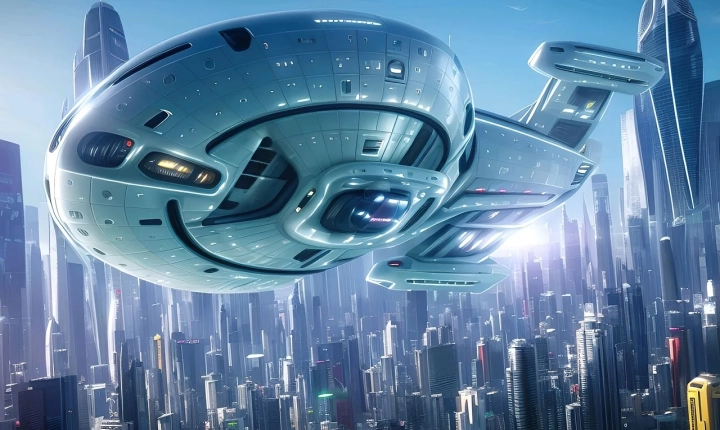Title: The Best Chess AI: Exploring the Pinnacle of Computer Chess
In recent years, the world of chess has been revolutionized by the staggering advancements in artificial intelligence (AI). These sophisticated programs have not only matched but surpassed human chess grandmasters, pushing the boundaries of what is possible in the game of chess. As the demand for powerful AI to analyze, learn, and play chess continues to grow, the question arises: what is the best chess AI available today?
One of the most renowned chess AIs is Stockfish, an open-source engine developed by a team of contributors from around the world. Known for its unparalleled strength and deep analysis, Stockfish has consistently dominated the chess world. Utilizing advanced algorithmic techniques such as alpha-beta pruning and position evaluation, Stockfish assesses millions of possible moves to determine the optimal path to victory.
Another major player in the realm of chess AI is AlphaZero, developed by DeepMind, a subsidiary of Alphabet Inc. AlphaZero made headlines in 2017 when it defeated Stockfish in a 100-game match with an overwhelming margin of victory. What sets AlphaZero apart is its ability to learn and improve through self-play, training itself to become a formidable opponent. Its neural network architecture allows it to handle complex board positions and make creative, human-like moves.
Another competitor in the field is Houdini, a commercial chess engine known for its exceptional tactician skills and superior calculation speed. Houdini has a reputation for its aggressive style and tactical awareness, making it a fearsome adversary in competitive play.
Beyond these well-known names, there is a myriad of strong chess AIs, each with its own unique strengths and weaknesses. Some, like Komodo and Leela Chess Zero, have attracted attention for their innovative approach to chess programming, incorporating machine learning and neural network technology to enhance their gameplay.
However, evaluating the “best” chess AI is not a simple task. Chess engines vary in their playing styles, strengths, and adaptability, and different AIs may excel in different aspects of the game. Factors such as processing speed, evaluation depth, and intuitive playing style all play a role in determining an AI’s strength.
Moreover, the notion of the “best” chess AI is constantly evolving as new technologies and techniques emerge. Developers are continually pushing the boundaries, striving to create more powerful and sophisticated chess AIs.
Ultimately, the best chess AI for a given purpose depends on the specific needs and preferences of the user. Some may prioritize raw computational power, while others may value a more nuanced, human-like playing style. As the field of chess AI continues to advance, the question of what constitutes the “best” chess AI will remain a topic of ongoing debate and exploration.
In conclusion, the world of chess AI is rich and diverse, with a multitude of powerful engines vying for the title of the best. Stockfish, AlphaZero, Houdini, and a host of other AIs each bring their own unique strengths to the table, offering a fascinating glimpse into the cutting edge of computer chess. As technology continues to evolve, we can expect to see even more remarkable advancements in the realm of chess AI, further challenging our understanding of what is possible in the game of chess.
